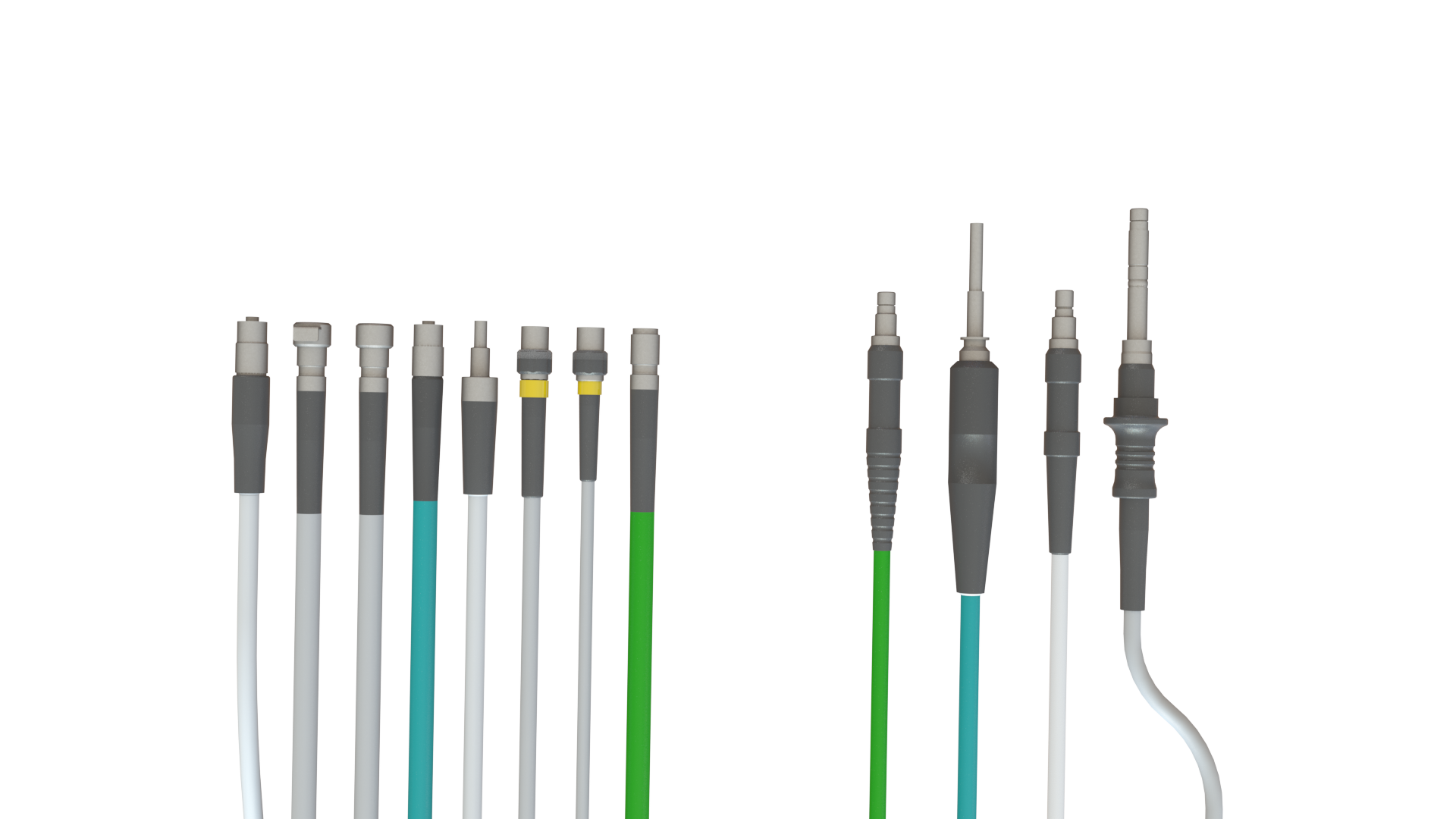In the rapidly evolving world of healthcare, hospital managers are faced with the challenge of ensuring that medical equipment is maintained to the highest standards. We dug up this legal case from the early 2000s between Karl Storz Endoscopy-America, Inc. ("Storz") and Surgical Technologies, Inc. ("Surgi-Tech") and Pacific Medical Repair ("Pacific"). It sheds light on a critical aspect of this responsibility: the repair and reconstruction of medical devices.
The Case Background
Storz, a leading manufacturer of endoscopes, accused Surgi-Tech and Pacific of trademark infringement. The contention arose from Surgi-Tech's practice of repairing and sometimes even completely reconstructing Storz endoscopes, leaving the original Storz name on the rebuilt products. The main question: Is a completely independently rebuilt Storz endoscope, still a Storz endoscope?
The Core Issue: Repair vs. Reconstruction
The crux of the dispute centered on whether Surgi-Tech's actions constituted a "use in commerce" of Storz's trademark and whether this use was likely to confuse customers. The court had to determine if the repairs were so extensive that they essentially created a new product, thereby infringing on Storz's trademark rights.
Implications for the Hospital
As a professional in the healthcare sector, this case may prompt you to consider the following:
-
Vendor Selection: When choosing a vendor for repairing medical equipment, it's essential to understand their practices. Are they merely repairing the device, or are they reconstructing it to the point where it becomes a different product and can they still prove it's as good as it would be had the OEM done it themselves? This distinction has legal implications, as seen in the Storz case.
-
Quality Assurance: Ensuring that repaired or reconstructed devices meet the original manufacturer's standards is paramount. The Storz case highlights the potential confusion that can arise when the origin of a product is unclear. Both repair companies and hospital managers must establish clear standards and protocols to verify the quality and authenticity of repaired equipment.
-
Legal Compliance: The Storz case underscores the importance of being aware of intellectual property rights and the legal boundaries surrounding the repair and reconstruction of medical devices. Collaborating with experts to understand these nuances can help in navigating this complex terrain.
-
Patient Safety: Ultimately, the decision to repair or reconstruct medical equipment must align with the hospital's commitment to patient safety. Ensuring that repaired devices function as intended and meet the original specifications is not just a legal obligation but an ethical one.
Conclusion
The Karl Storz Endoscopy v. Surgical Technologies case serves as a valuable lesson for anyone working in healthcare. It emphasizes the need for careful consideration and due diligence in the repair and reconstruction of medical devices.
Hospital managers must strike a balance between cost-effectiveness and compliance with legal standards. By understanding the implications of this case and implementing robust quality assurance and legal compliance measures, hospital managers can ensure that they are making decisions that uphold the integrity of their institution and the safety of their patients.
This case is not merely a legal dispute but a call to action for hospitals to reflect on their practices, who they're working with, what guarantees they get from their suppliers and align them with the highest standards of care and ethics. It's a reminder that in the complex world of healthcare, every decision matters, and attention to detail can make all the difference.



